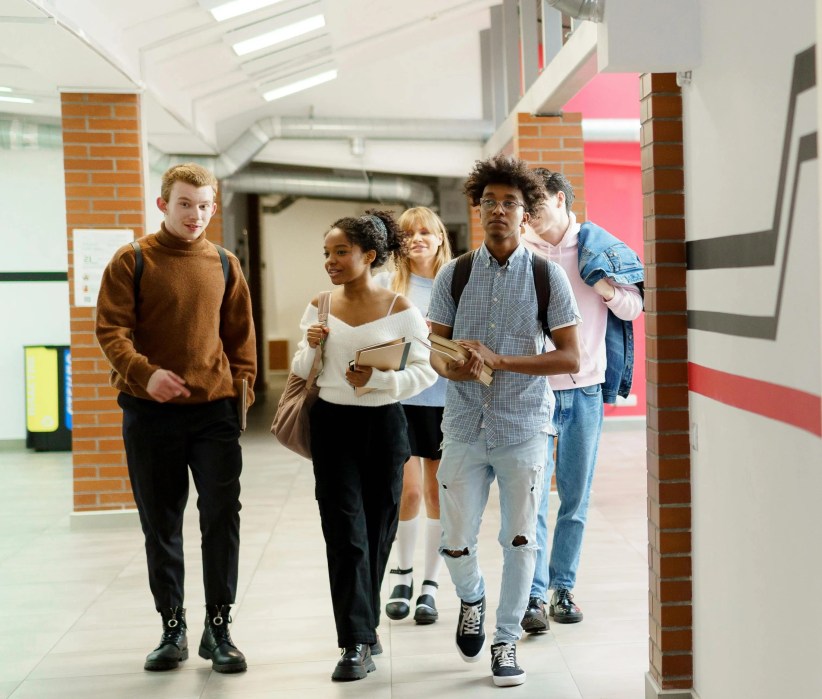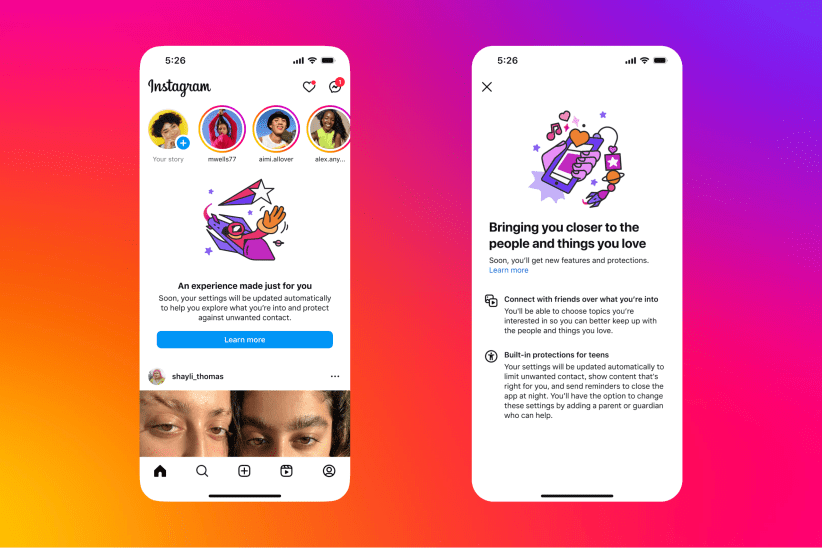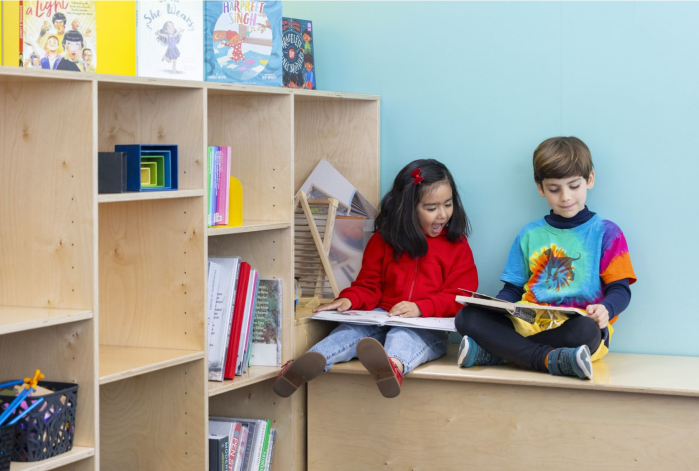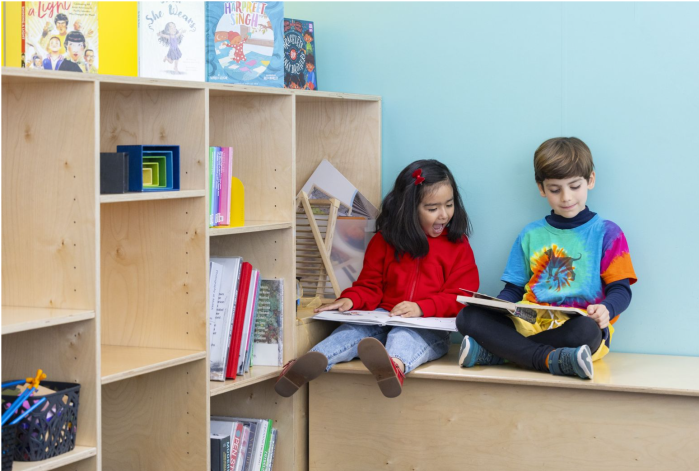Are you an adoptive parent or considering adoption? Has your child reached adolescence or is he coming close to it? Here are some insights about parenting adopted tweens and teens:
Loss is always part of adoption
Regardless of circumstance or age — be it minutes or years old, the child who joins his family through adoption has suffered profound loss. The initial loss is separation from the child’s birth mother, and that loss expands outward to encompass birth family, culture or origin, and birth history.
Loss is the “hub” of inherent issues in adoption. It must be considered, understood, and honored by parents, so that they can support their child as he navigates from childhood into adulthood. Loss accumulates, one layer stacking upon another. The hub can be quite deep.
Varying degrees of grief, guilt, shame, rejection, identity, intimacy, and control are often experienced throughout the adopted person’s lifetime. These feelings tie into loss and extend from it, like the spokes of a wheel. These feelings are known as the inherent issues in the adoption “landscape.” Inherent issues affect many adopted people, as well as the majority of birth parents and adoptive parents. For this article though, I only address the issues as they pertain to an adopted person.
Inherent issues ebb and flow life-long
Feelings tied to being adopted typically begin to make themselves known with the onset of adolescence, as early as the age of 6, just when the hormones begin to fluctuate in preparation for puberty. Children also begin to understand much more about adoption and how it has and will forever impact them.
Often, adoptive parents find themselves dealing with puberty and one or more adoption issues. As any parent who has raised a child can share, no one ever feels quite ready to parent a teenager. And parenting the adopted teen requires even more preparation: knowing the child’s history (and historical framework if adopted internationally) and how that can affect him, understanding the core issues and how to use them as tools in parenting, and having a level of genuine empathy for the child.
There might be more going on than the core issues
Depending on circumstances, the child may also have suffered neglect, exposure to drugs or alcohol, and experienced or witnessed sexual, emotional, or physical abuse. These truths are difficult for parents to share, but necessary to discuss with their child. This information is part of the child’s story, and it is important for parents to share and review all of his birth history and related facts with him prior to adolescence, in age-appropriate language.
Yes, any “hard truths” are difficult to share. Parents have invested lots of emotion in their adoption journeys. They love their children deeply and do not want to inflict pain. Parents find that sharing why their child could be adopted or not having the answers to his questions challenging. But, to not share the difficult truths leave children unprepared and open to injury by others as well as wondering why their parents, who love them and have their best interests at heart, did not provide them with the truth.
Education about loss in adoption empowers parents to help their children. Loss, neglect, abuse, attachment, and a whole range of other topics can be examined and discussed during adoption preparation education with “waiting” parents.
Adoption preparation education was not available when my husband and I adopted. We were unprepared. Our major concern over our daughter’s apparent distress mingled with profound joy when she joined us in her infancy. The enormity of what adoption meant — forever uprooting and separating our daughter from the rich ancient culture she was born into — became crystal clear in that instant. Although humans are resilient, she grieved for some time while she adjusted to parents, family, and a society that did not look, sound, feel, or smell like that with which she was familiar. She did attach, but sadness and grief lingered. Her psychosocial development stalled. We committed to educating ourselves when seeking therapy for our daughter.
Our love was not enough. It served as a huge bandage that kept her wound from becoming infected further. This bandage did not and could not address the underlying cause of the wound and why it was not healing. Part of the education we received was about loss, and how it affects the adopted child — feelings of grief, guilt, shame, rejection, identity, intimacy, and control. By understanding what she was facing, we were able to better support her needs and help her resolve and eventually talk about what she felt.
Judy M. Miller savors time with her kids, three of whom are adopted. She is a certified Gottman Educator and the author of “What To Expect From Your Adopted Tween, Writing to Heal Adoption Grief: Making Connections & Moving Forward,” and “For Families and Friends: Advice, Suggestions, and Honest Dialogue About How to Best Support Parents on Their Adoption Journey.”
Best ways to help
Here are a few more tips for parents looking to help their adopted teens:
Education promotes understanding. Understanding encourages empathy, which in turn grows patience. These tools are necessary to effectively parent the adopted child.
If seeking therapy for your child, address your own first. Think of airplane cabin decompression: put your oxygen mask on before your child’s. If you do not, you cannot possibly help your child.
Work with a therapist well-versed in adoption and adoption issues. Therapists unfamiliar with adoption and inherent issues in adoption will be ineffective.






















